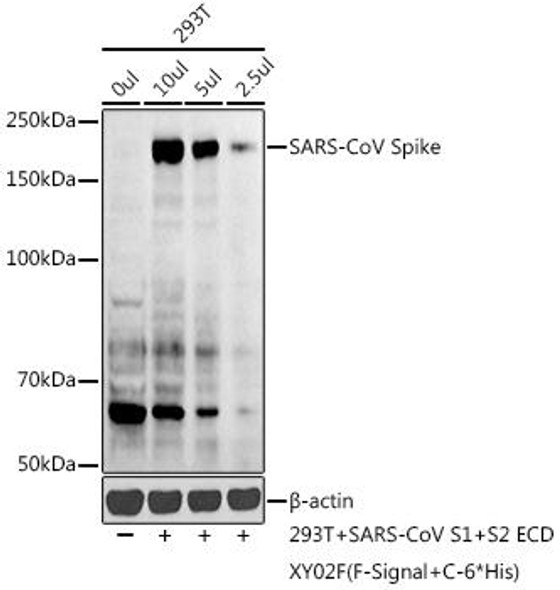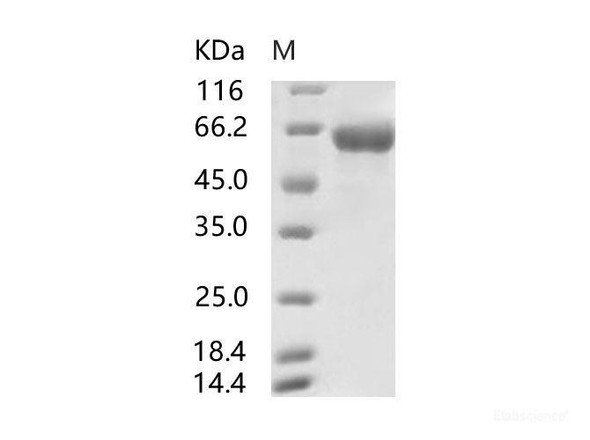CoV Spike Porcine (CPAB0414)
- SKU:
- CPAB0414
- Product Type:
- Antibody
- Antibody Type:
- Monoclonal Antibody
- Reactivity:
- Human
- Mouse
- Rat
- Host Species:
- Rabbit
- Isotype:
- IgG
Description
CoV Spike Porcine (CPAB0414)
The Porcine Spike Polyclonal Antibody (CPAB0414) is a valuable tool for researchers studying the spike protein of the porcine coronavirus. This antibody, produced in rabbits, exhibits high reactivity with porcine samples and is validated for use in various laboratory techniques such as Western blot. By specifically binding to the spike protein, this antibody enables the detection and analysis of the porcine coronavirus in different samples, making it an essential tool for studies in virology and infectious diseases.The spike protein of the porcine coronavirus plays a crucial role in viral entry into host cells and is a major target for antiviral therapies and vaccine development.
Understanding the interaction between the spike protein and host cells is essential for elucidating the mechanisms of viral infection and developing effective strategies to combat viral diseases in pigs. The Porcine Spike Polyclonal Antibody provides researchers with a reliable tool to investigate the molecular mechanisms underlying porcine coronavirus infection and to advance our knowledge of viral pathogenesis in pigs.
| Product Name: | CoV Spike Porcine |
| Product Sku: | CPAB0414 |
| Size: | 50μg |
| Host Species: | |
| Immunogen: | The antibody was developed using purified porcine coronavirus(eptopoe not mapped). |
| Clone: | |
| Reactivity: | Viral |
| Applications: | ELISA |
| Purification Method: | |
| Isotype: | |
| Background: | SARS Coronavirus is an enveloped virus containing three outer structural proteins, namely the membrane (M), envelope (E), and spike (S) proteins. Spike (S)-glycoprotein of the virus interacts with a cellular receptor and mediates membrane fusion to allow viral entry into susceptible target cells. Accordingly, S-protein plays an important role in virus infection cycle and is the primary target of neutralizing antibodies. It has recently been shown that SARS (severe acute respiratory syndrome) is caused by a human coronavirus. Human coronaviruses are the major cause of upper respiratory tract illness, such as the common cold, in humans. Coronaviruses are positive-stranded RNA viruses, featuring the largest viral RNA genomes known to date (27-31 kb). The first step in coronavirus infection is binding of the viral spike protein, a 139-kDa protein, to certain receptors on host cells. The spike protein is the main surface antigen of the coronavirus. The glycosilated spike protein (as well as the nucleocapsid protein) can be detected in infected cell culture supernatants with antisera from SARS patients. |
| Synonyms: | |
| Storage Buffer: |








